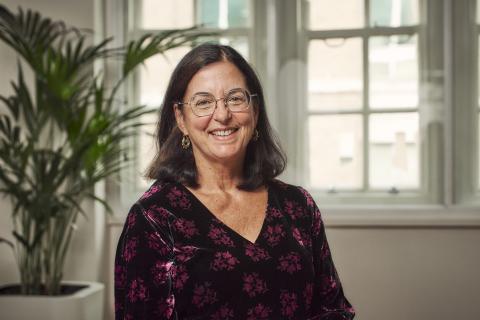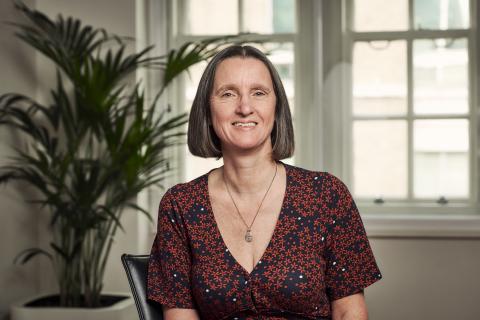James Barford was quoted in the Financial Times on ‘It’s an exceptional time’: UK telecoms groups urged to offer cheaper tariffs
27 October 2022“The price increase has merely compensated for other drags . . . as their energy hedges expire and wage demands increase,” said James Barford, analyst at the media consultancy Enders Analysis. He pointed to BT’s modest target for 2022 of 4 per cent growth in earnings before interest, tax, depreciation and amortisation.

